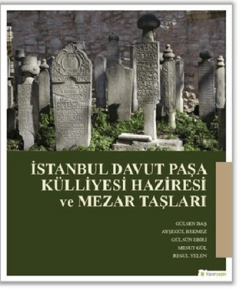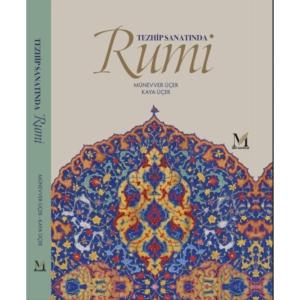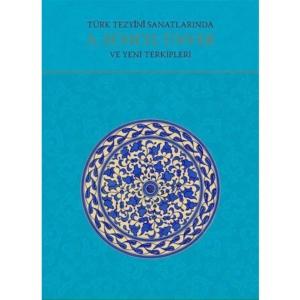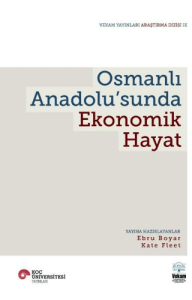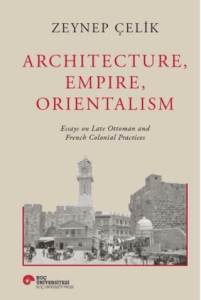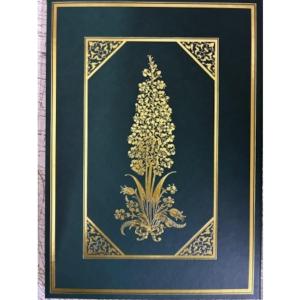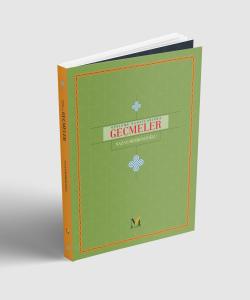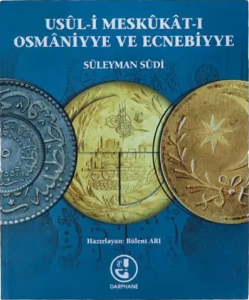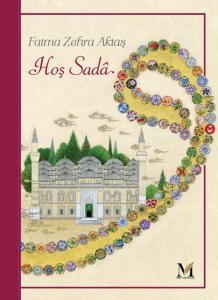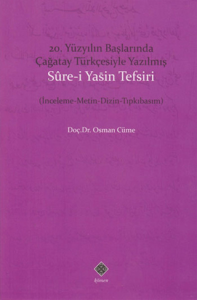9786054326884
209904
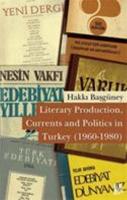
https://www.sahafium.com/kitap/literary-production-currents-and-politics-in-turkey-1950-1960-p209904.html
Literary Production, Currents and Politics in Turkey (1950-1960)
0.00
This book examines the increasing visibility of literary activities as a part of other cultural activities between 1960 and 1980. During these two decades, literary activities, literary production, and the literary world in general played an increasingly influential role in large parts of Turkish society. This may be also seen as a shaping, a reconstruction, or an expansion of a more effective literary world, literary public, and literary market containing many different trends and currents. This work also assesses the intricate relations between
literary culture and politics. To put it in other words, the hypothesis is that a better understanding of the intellectual and political atmosphere of Turkey in the 1960s and in the early 1970s can be achieved through an examination of cultural--and, in our case, literary-- life, and the way that the various literary currents reflected, sustained and gave voice to the prevalent intellectual and political tendencies of the period. It will be emphasized that the political identity that was adopted by the literary actors was one by and large critical of the existing political and social system. In this work the intellectual climate is thus examined via literature. It will be argued that, along with academics and journalists, the men of letters, or literary actors, played through their roles as public intellectuals, an important part in the Turkish social life between 1960 and 1980.
literary culture and politics. To put it in other words, the hypothesis is that a better understanding of the intellectual and political atmosphere of Turkey in the 1960s and in the early 1970s can be achieved through an examination of cultural--and, in our case, literary-- life, and the way that the various literary currents reflected, sustained and gave voice to the prevalent intellectual and political tendencies of the period. It will be emphasized that the political identity that was adopted by the literary actors was one by and large critical of the existing political and social system. In this work the intellectual climate is thus examined via literature. It will be argued that, along with academics and journalists, the men of letters, or literary actors, played through their roles as public intellectuals, an important part in the Turkish social life between 1960 and 1980.
This book examines the increasing visibility of literary activities as a part of other cultural activities between 1960 and 1980. During these two decades, literary activities, literary production, and the literary world in general played an increasingly influential role in large parts of Turkish society. This may be also seen as a shaping, a reconstruction, or an expansion of a more effective literary world, literary public, and literary market containing many different trends and currents. This work also assesses the intricate relations between
literary culture and politics. To put it in other words, the hypothesis is that a better understanding of the intellectual and political atmosphere of Turkey in the 1960s and in the early 1970s can be achieved through an examination of cultural--and, in our case, literary-- life, and the way that the various literary currents reflected, sustained and gave voice to the prevalent intellectual and political tendencies of the period. It will be emphasized that the political identity that was adopted by the literary actors was one by and large critical of the existing political and social system. In this work the intellectual climate is thus examined via literature. It will be argued that, along with academics and journalists, the men of letters, or literary actors, played through their roles as public intellectuals, an important part in the Turkish social life between 1960 and 1980.
literary culture and politics. To put it in other words, the hypothesis is that a better understanding of the intellectual and political atmosphere of Turkey in the 1960s and in the early 1970s can be achieved through an examination of cultural--and, in our case, literary-- life, and the way that the various literary currents reflected, sustained and gave voice to the prevalent intellectual and political tendencies of the period. It will be emphasized that the political identity that was adopted by the literary actors was one by and large critical of the existing political and social system. In this work the intellectual climate is thus examined via literature. It will be argued that, along with academics and journalists, the men of letters, or literary actors, played through their roles as public intellectuals, an important part in the Turkish social life between 1960 and 1980.




